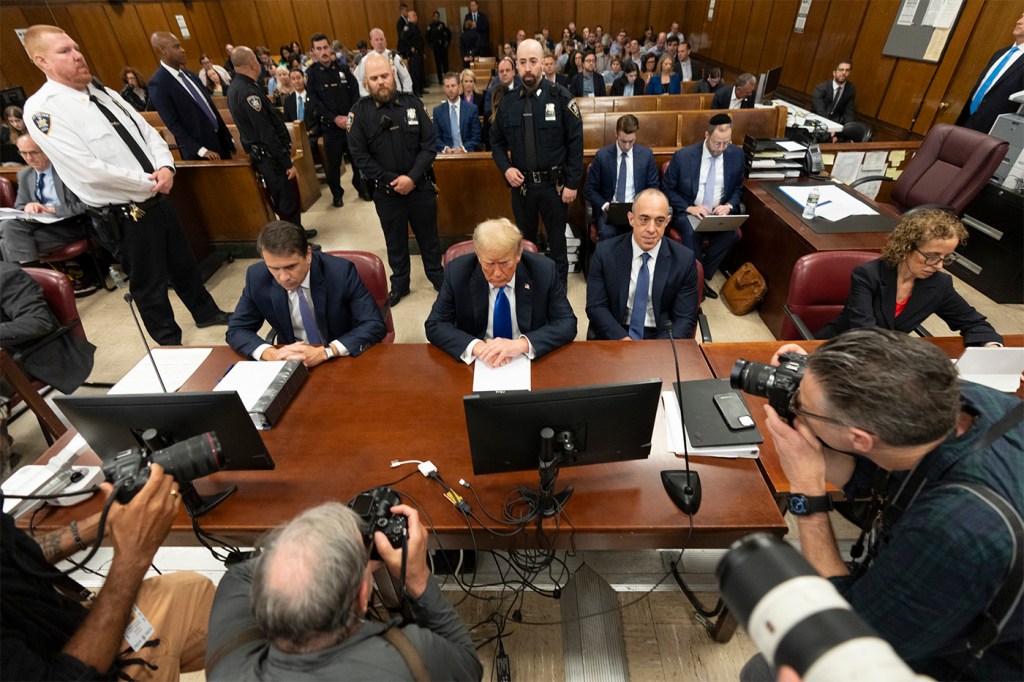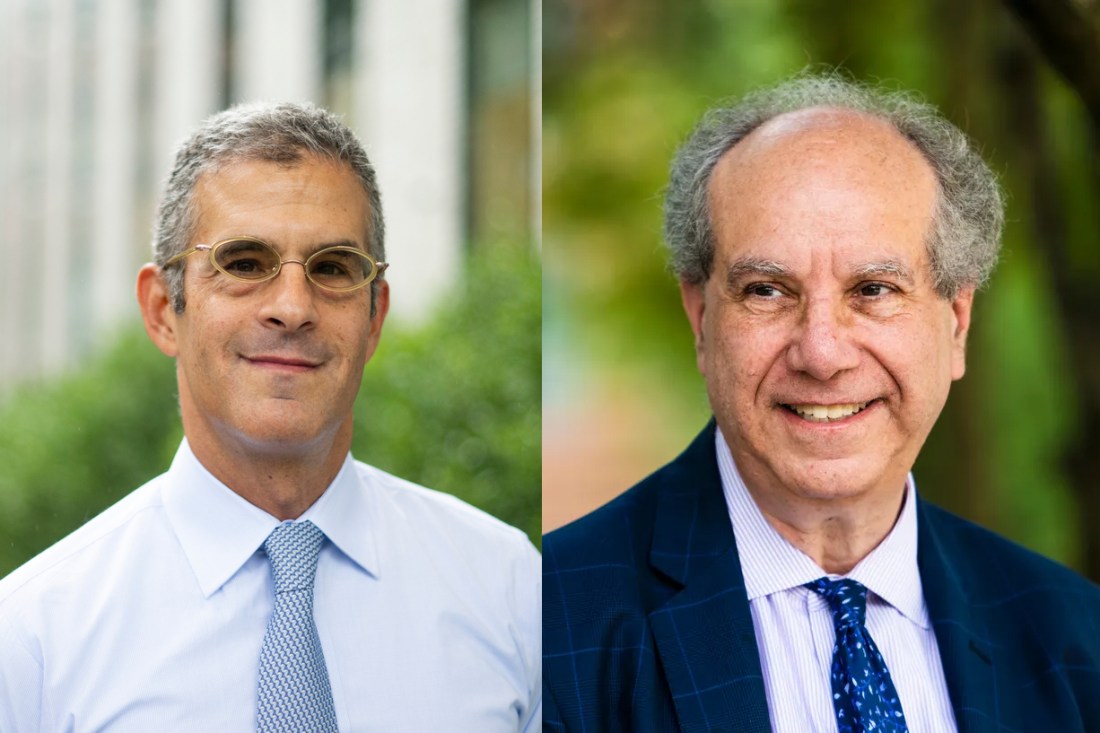Donald Trump was convicted without cameras in courtroom. Should the trial of a former president be televised?
The New York trial touched on an evergreen debate in legal circles about the role that televised proceedings play in promoting transparency and educating the public on legal matters.

It’s a momentous event to be witness to: for the first time in U.S. history, a former president was found guilty on multiple felony charges.
Former President Donald Trump is now a convicted felon (or will be soon) after a New York jury found him guilty of falsifying business records in connection with a hush-money payment made to porn star Stormy Daniels to cover up a sex scandal.
But unless you were among the dozens of people with courtroom access, you didn’t actually get to bear witness to the trial, which proceeded, in accordance with New York law, without TV cameras in the courtroom.
That fact — while not consequential to the case’s outcome, Northeastern University legal experts say — touches on an evergreen debate in legal circles about the role that televised proceedings play in promoting transparency and educating the public on legal matters.

With three more potential trials — two related to Trump’s efforts to overturn the results of the 2020 election, another tied to his handling of classified documents — on the horizon, the question of whether officials should break the rules and allow cameras in court is sure to arise again. Trump, himself, requested a televised trial in a case handled by special counsel Jack Smith involving election interference.
“I am generally a believer in cameras in the courtroom, based on the belief that trials are public and access in the modern age may require something more than mere physical access to the courtroom,” says Daniel Medwed, Northeastern distinguished professor of law and criminal justice.
Medwed argues that cameras should be the default in courtrooms “unless there is a showing that it imposes undue security or privacy concerns.”
Federal law prohibits cameras in federal court cases. Two of Trump’s other three cases are in federal court; one a classified documents case in South Florida and the other a federal election interference case in Washington, D.C. So unless the court allows an exception to the law, those cases will not be televised.
The fourth case involves alleged election interference in Georgia that is being prosecuted by the state in Fulton County. Prosecution has been delayed but testimony in hearings in the case was televised earlier this year.
But Paul says there are valid arguments for and against the use of cameras in high-profile cases.
Featured Posts
“I think it’s a hard one, but to permit cameras would also be a little inconsistent with the principle that no one is above the law,” he says. “And whatever rules there are, we ought to apply those rules equally across the board.”
Writing for the Columbia Journalism Review as the New York trial got underway in April, freelance journalist Cameron Joseph speculated that a camera-free trial “means Trump and his allies can simply lie about what’s actually happening — and be believed by a large chunk of the population, with others unsure of who to trust.”
Throughout the trial and in its aftermath, Trump disparaged New York judge Juan Merchan and called the whole case “rigged.” With legions of reporters were in attendance, it’s not clear that any potential misrepresentations of what went on inside the courtroom would have meaningfully changed the public’s perception and understanding of the case, Paul says.
“I don’t really buy what Cameron Joseph said in that piece,” Paul says.
With cameras present, Paul says that there are legitimate concerns about witness intimidation, and the overall safety and security of those involved in the case. Similar concerns extend to court personnel, including judges.
“I think that the judge — as much pressure as he was under — would have been under even more pressure had the case been on television, and I think there’s room for witnesses to feel intimidated as well,” Paul says.
Writing for The New Yorker in 2023, Amy Davidson Sorkin, a magazine staff writer, suggested that judicial rules barring cameras in federal court may today be outmoded.
“Testifying may require courage whether cameras are there or not,” Sorkin wrote. “But coverage can be tailored — for example, by not showing unwilling witnesses’ faces. As a last resort, the media brief argues, even adding public audio (as the Supreme Court has done in its oral arguments) would help.”
While recognizing that there are “clear downsides” to not having televised such an important case, Paul says that “there are nuances that TV and audio miss” as well. “I wouldn’t diminish the extent to which something on television can be, and is, changed,” he says.
Trump is due to be sentenced on July 11. A “Class E” felony in New York — the lowest tier of felony charges there — the charge of falsifying business records in the state is punishable by up to four years in prison, the Associated Press reports. Whether Trump serves time in prison is up to the judge.











